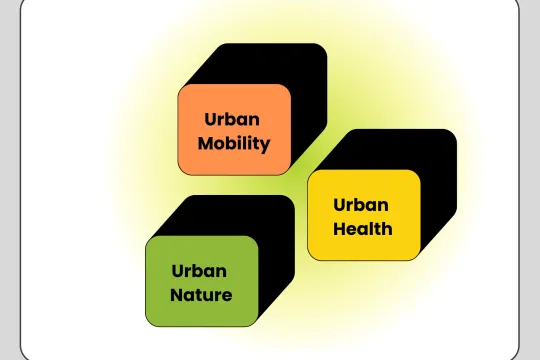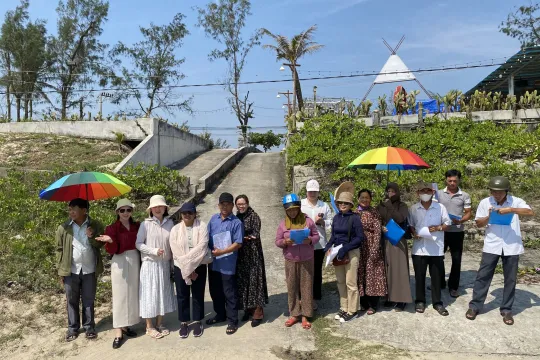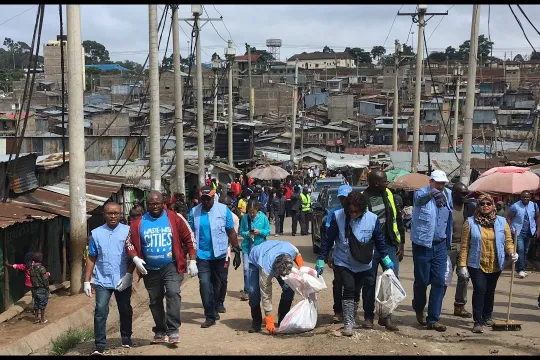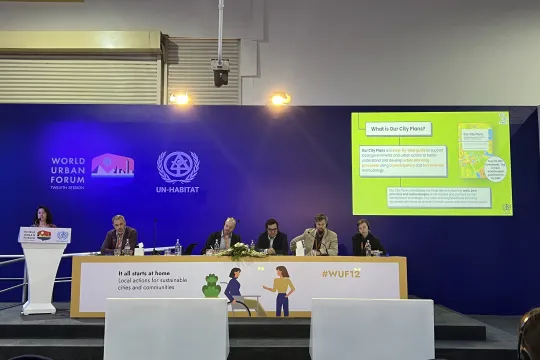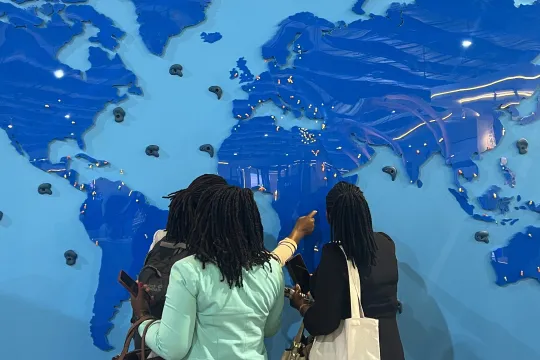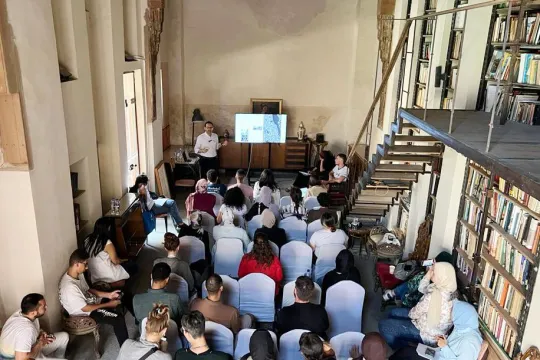Not all cities are built the same but too often, they’re planned as if they are. Blueprints overlook bus stops that don’t exist, green spaces that were never planted, or health risks that never made it into a zoning code. The reality on the ground is messier and more interconnected than any single plan can capture.
That’s where the newest evolution of Our City Plans comes in.
